Turning Forest Waste into Clean Fuel: How Biomassters Ltd Is Changing Cooking in Rwanda
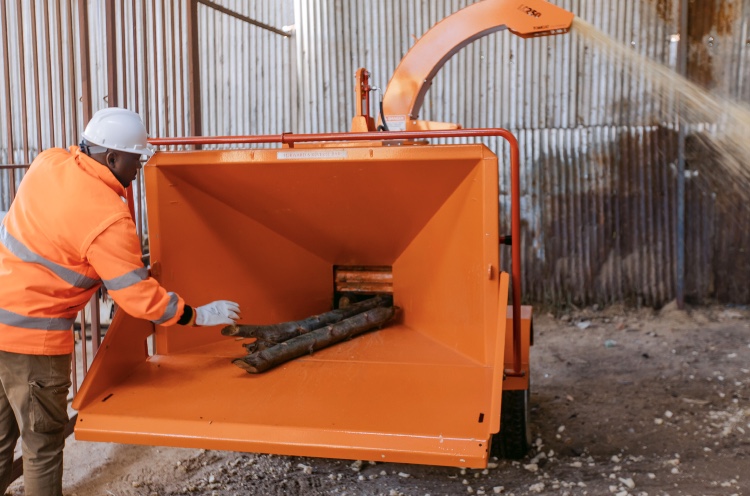
In a small factory in Rwanda’s Rubavu District, a group of entrepreneurs is tackling one of the country’s most pressing household energy problems: reliance on firewood. With about 80% of Rwandan households still depending on wood to cook, Biomassters Ltd is offering a new alternative—pellets made from forest waste that burn cleanly and efficiently.
The company, co-founded in 2020 by six Rwandans, is now producing fuel that not only replaces charcoal but does so with far fewer environmental and health costs. With backing from the ReCIC project, Biomassters is among a growing number of local businesses working to reduce reliance on traditional fuels and bring clean cooking to more homes across the country.
“Rwanda is a small land, now it is time to give clean cooking the highest priority. We are still struggling to achieve the target; [the reason why] we have to partner with the private sector, international organizations. Our target is to reduce the percentage of households using firewood for cooking [from a baseline value of 79.90% in 2017] to 42%. That’s why we have this kind of initiative,”
—Jean Bosco Mugiraneza, Director General for Energy, Ministry of Infrastructure, speaking at the ReCIC Stakeholders Meeting in Kigali, 11 June 2025
The ReCIC project—Reducing Climate Impact of Cooking in Rwanda through Improved Cooking Energy Systems Action—has been supporting companies like Biomassters since 2021. Funded by the European Union and BMZ and implemented by SNV and GIZ, the program wraps up in mid-2025. It provides grants and technical support to companies working on improved cooking solutions, with 12 enterprises still active under the initiative, all members of Energy Private Developers (EPD).
A Cleaner Fuel, A Smarter Process
At its core, Biomassters is doing something simple: turning wood scraps and sawdust into compact, high-efficiency fuel pellets. But getting to this point hasn’t been without hurdles.
“We had the knowledge and the team to succeed,”
says Innocent Nsekeyukunze, Chief Production Officer and cofounder.
“But we were stuck with a major bottleneck that was literally risking our business.”
That bottleneck was raw material—specifically, low-quality sawdust filled with nails and bits of metal. The debris frequently damaged production equipment, leading to downtime and costly repairs. At the same time, usable wood waste from harvested forests was going unused—clean and abundant, but out of reach without the right tools to process it.

When the ReCIC project opened a call for proposals, Biomassters applied for support to buy a woodchipper. It was exactly what they needed.
“The journey with the ReCIC project was a very productive and much-needed one. It moved us from one point to a much more significant one,”
says Nsekeyukunze.
The chipper transformed their production process. With cleaner input materials, machinery failures dropped, operations ran more smoothly, and the company began scaling up. The chipper can now handle up to 3.5 tons of wood per hour, allowing for near-continuous operation. Marketing support from the project also helped them reach more customers, and demand began to rise.
Biomassters hired new staff to meet that demand—including operators, sales agents, and distributors. Their team continues to grow, and the company is aiming for more inclusive hiring by increasing the share of women in its workforce to over 80%.
Impact on Health, Environment, and Daily Life
Pellet fuel has proven to be more efficient and less polluting than charcoal or firewood. Producing 1kg of charcoal can require as much as 9kg of wood. In contrast, just 1.3kg of sawdust or chips is needed to make 1kg of pellets. The stoves designed to use them burn cleanly and release no smoke.
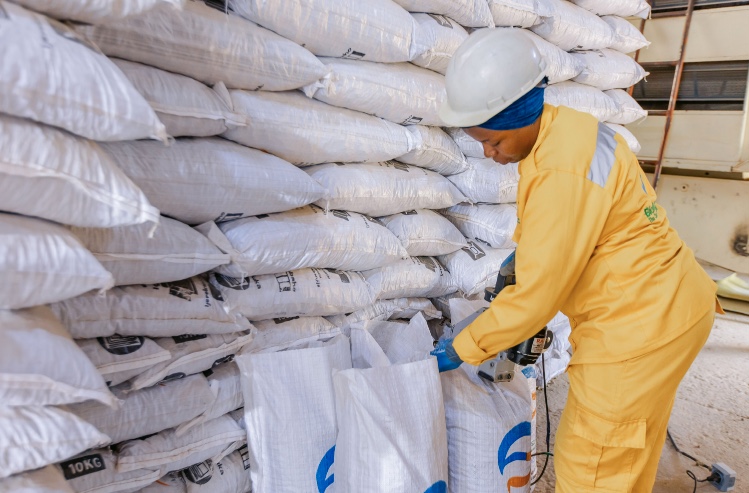
The benefits go beyond the environment. Cleaner air in kitchens means better health, especially for women and children. And the reduced fuel burden frees up time for other activities—especially in rural areas where firewood collection can take hours out of a family’s day.
Pellets also make economic sense. They’re priced competitively with charcoal, and though pellet stoves can be expensive up front, Biomassters offers flexible payment options to make them more accessible. The company also distributes imported gasifier stoves that work with fan-assisted combustion, offering a high-efficiency clean cooking solution when paired with their pellets.
Looking Ahead
Biomassters has plans to expand. A second factory is being considered in Rwamagana, closer to Kigali—one of their largest markets. They’ve also started tapping into the carbon credit market, positioning themselves as both a clean energy provider and a contributor to global climate goals.
“Production is now smoother, safer, and more consistent. Client feedback has been overwhelmingly positive, with satisfied customers directly referring new clients to the company,”
notes EPD.
As Rwanda continues working toward reducing firewood use to 42% of households, stories like Biomassters show how local innovation, when properly supported, can lead to lasting change. With 2.3 billion people worldwide still cooking with traditional methods, the need for alternatives is urgent—not just in Rwanda, but everywhere.
By April 2025, thanks to the combined efforts of ReCIC-supported companies, more than 449,000 improved cookstoves had been distributed across Rwanda. And with companies like Biomassters leading the way, there’s every reason to believe that cleaner, safer kitchens are within reach—for all.
Related Articles
Strengthening Rwanda’s SMEs for Circular Food Systems: Embedding Circularity Beyond Project Implementation for Long-Term Transformation
As Rwanda advances its circular economy ambitions, small and medium-sized enterprises (SMEs)...
Powering Food, Restoring Land: How Renewable Energy and Regenerative Agriculture Are Transforming Rwanda’s Farms
Across Rwanda’s rolling hills, a quiet revolution is underway. It begins in...
Late February Weather Alert: Heavy and Above-Average Rainfall Forecast Across Rwanda
The Ministry in charge of Disaster Management (MINEMA) has issued a weather...
GBOX Launches AI Literacy Initiative to Support Rwanda’s Digital and Sustainable Development
A new Artificial Intelligence (AI) literacy program has been introduced last week...





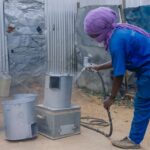


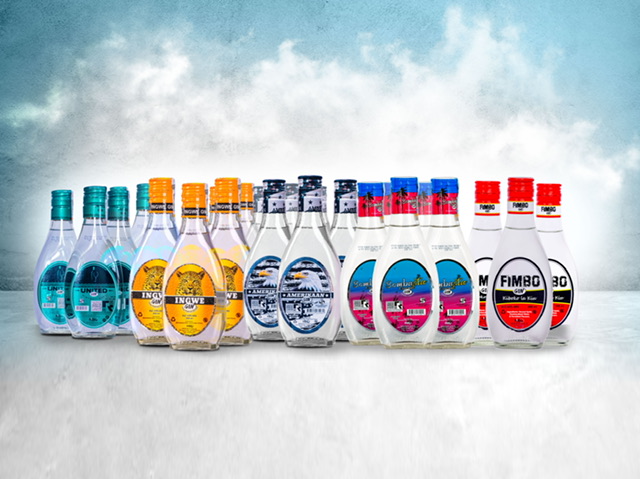
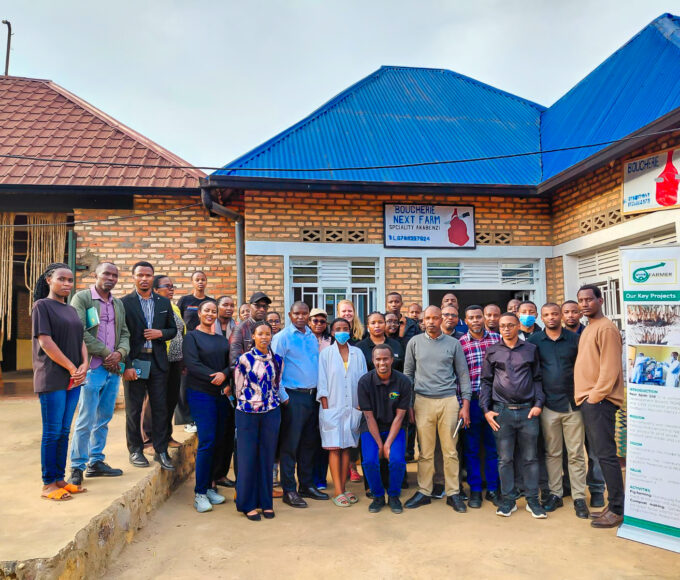


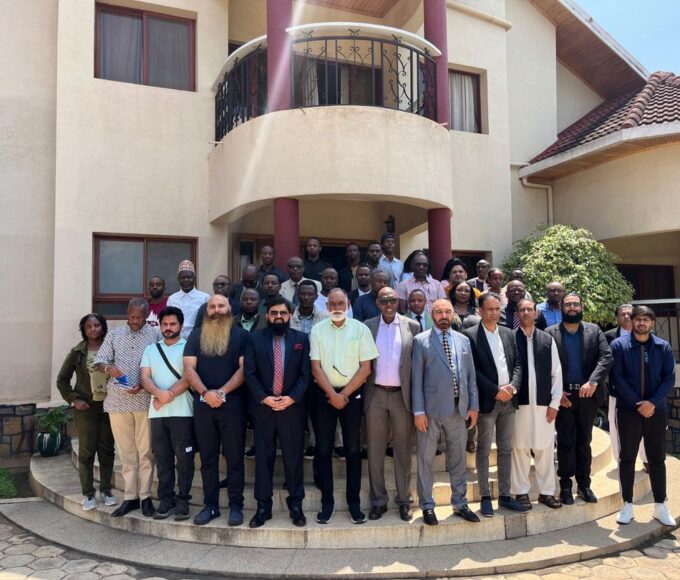
Leave a comment